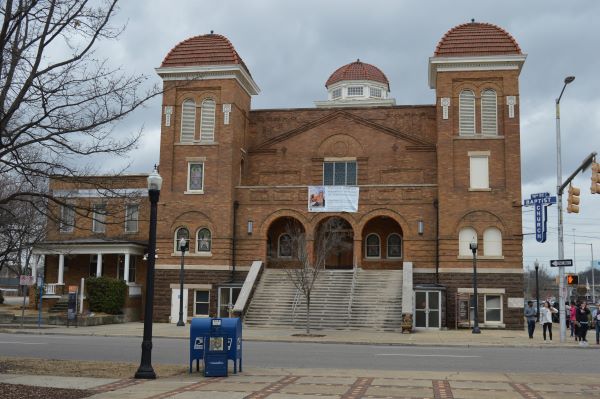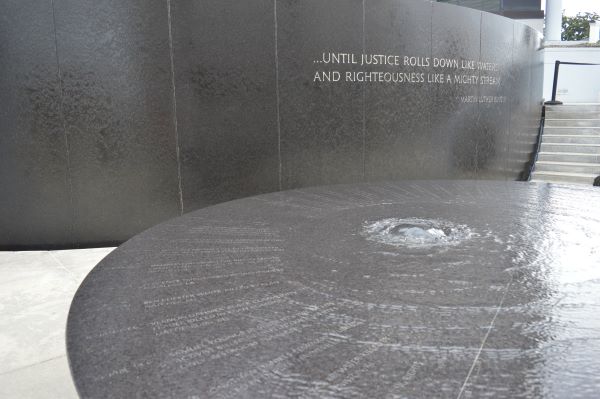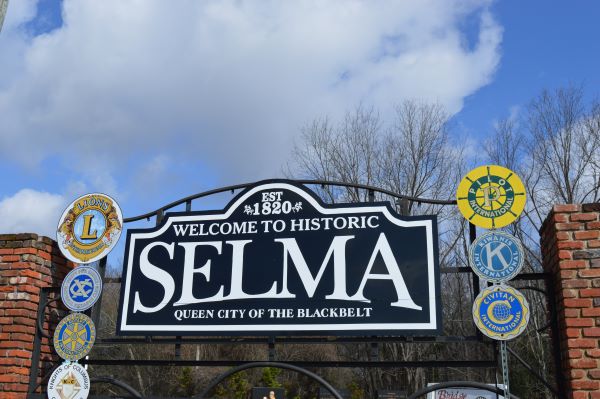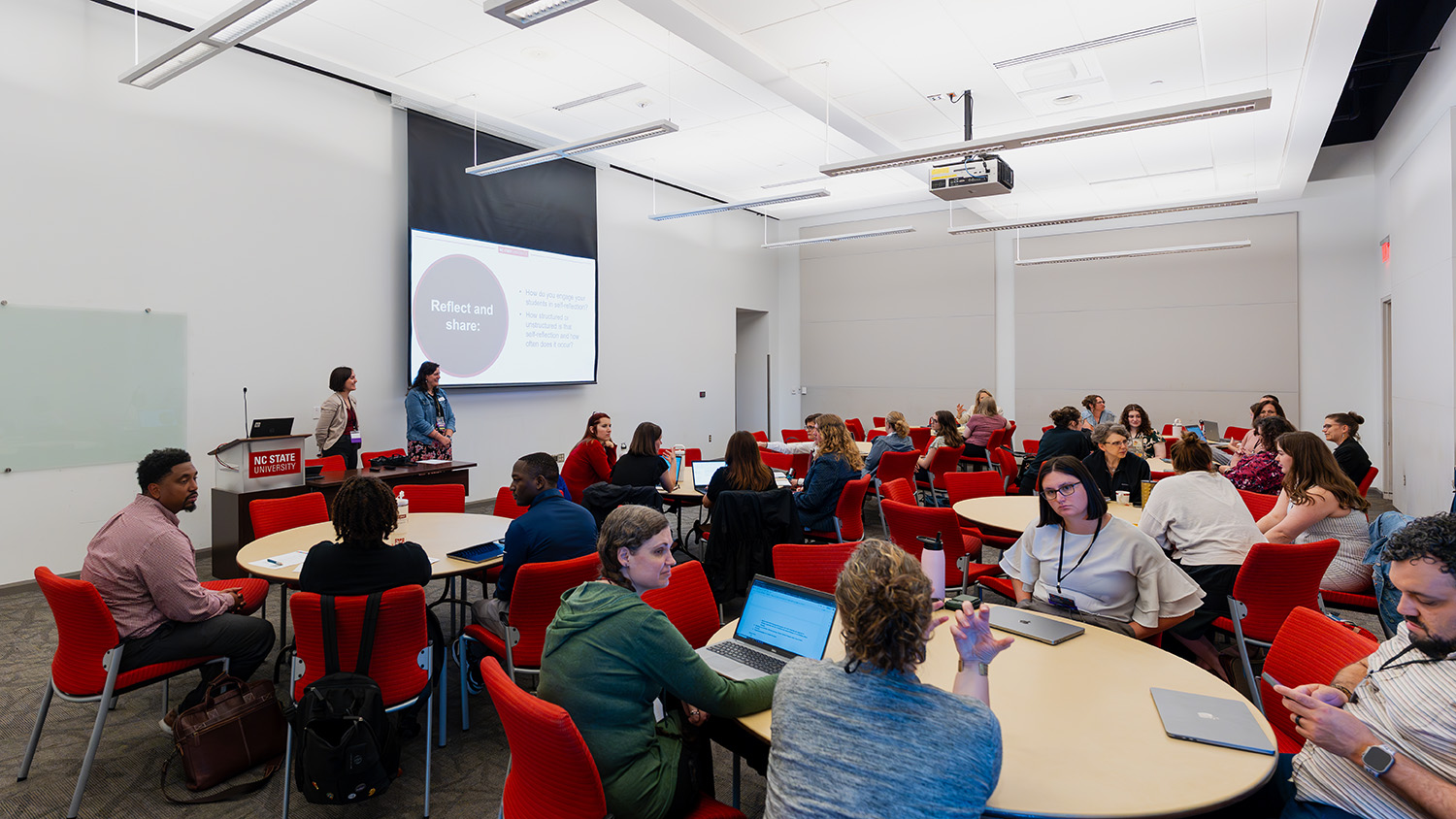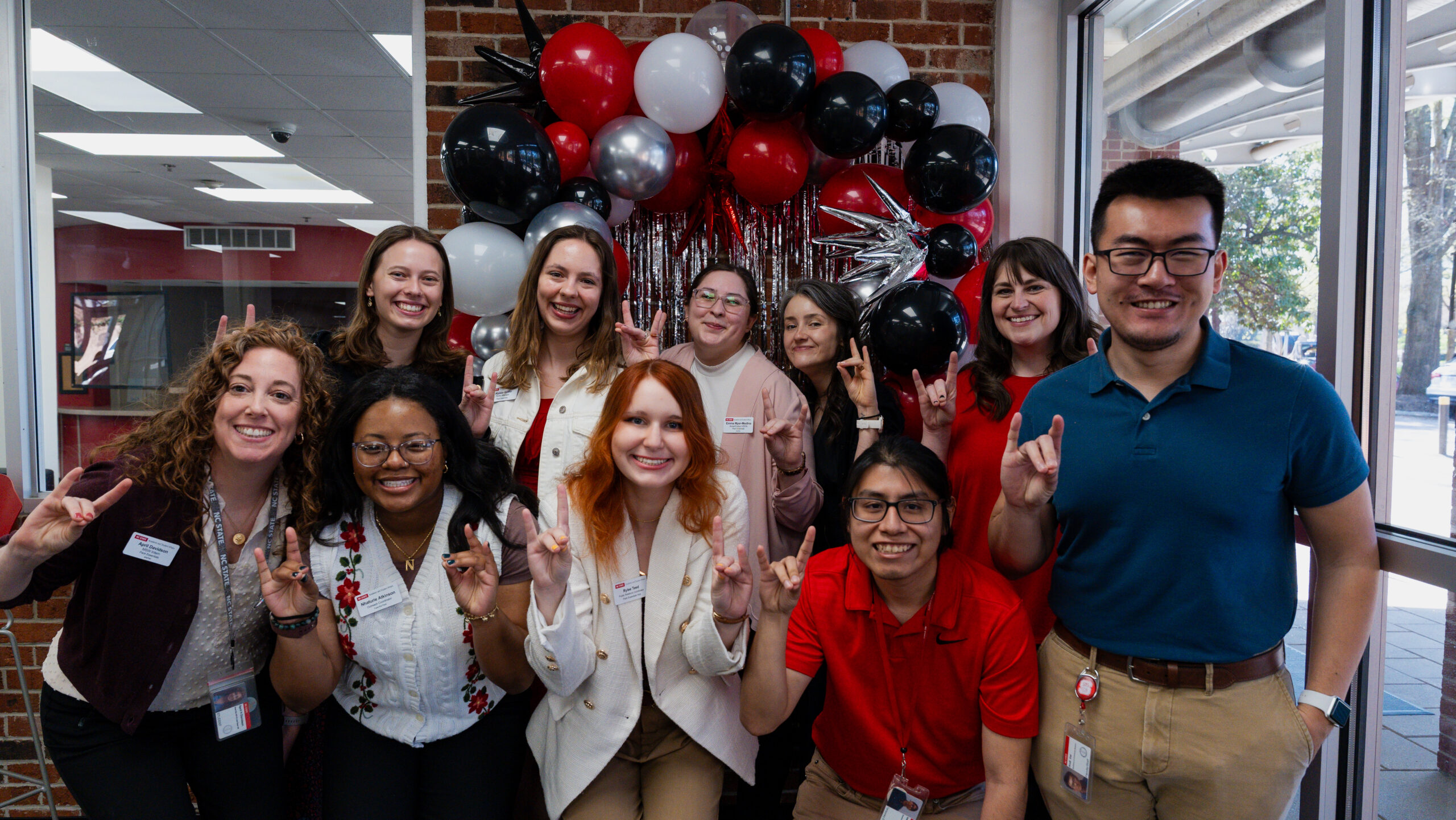Immersive Learning Civil Rights History Trip Informative, Transformative

NC State is known for creating opportunities for deeper learning and understanding – for shining light on both knowledge and insight.
Recently, a group of 35 students embarked on a Division of Academic and Student Affairs sponsored learning experience that took them across hundreds of miles and through hundreds of years of Civil Rights history. The eye-opening four-day voyage encouraged students to see the differences and similarities between the past and the present.
In its third year, the tour brought students from all backgrounds to hot spots in the country’s Civil Rights story, including Birmingham, Montgomery, and Selma, Alabama. Students and mentors visited well-known historic sights, such as the Edmund Pettus Bridge and the National Voting Rights Museum and Institute – as well as newer institutions including the Legacy Museum: From Enslavement to Mass Incarceration, and the National Memorial for Peace and Justice. Students learned more about famous Civil Rights leaders, such as Dr. Martin Luther King, Jr., and Rosa Parks – and also about those less well known leaders including Ralph Abernathy, Hosea Williams, Medgar Evers, and many more.
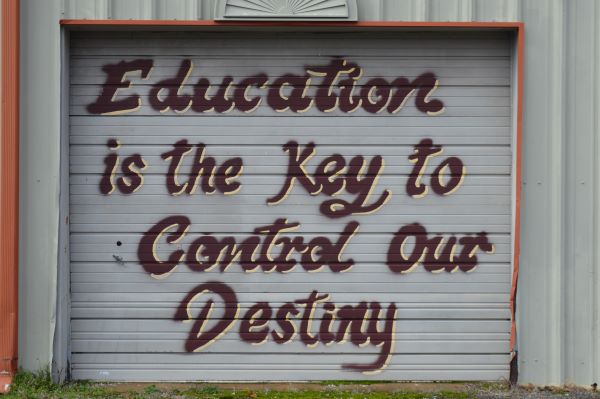
Durell Hurst, Assistant Director for Central Campus, University Housing, said, “Not many people go to Alabama where the Civil Rights movement was born. By bringing students to these sites, they can get a true sense of what the struggles were. They had the opportunity to speak with surviving foot soldiers from the 1960s who were 10 and 11 years old at the time.” Georgia Westwood, a tour participant and freshman studying Business Administration, reflected, “These folks were not even teenagers and they made a difference. I’m 19 years old – what have I done to heal the injustices that happened, and that continue to happen?”
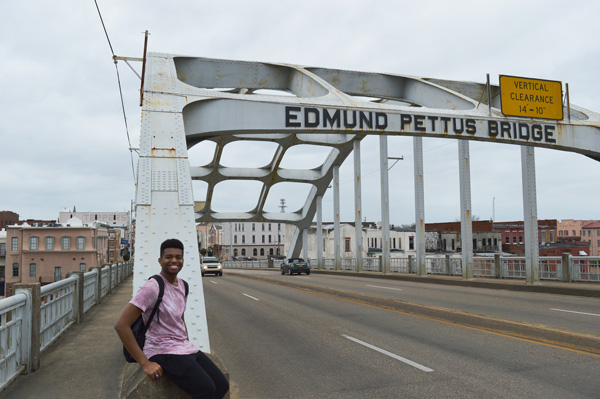
For the first time, the tour includes Civil Rights Mentors – students who have taken the tour. The tour breaks into three groups, each led by a mentor – to facilitate smaller and more intentional conversations as students process their experiences and feelings.
Hurst said, “Time on the bus provides vital time for us to debrief. Students faced hard questions, such as how it must have felt to be on the Edmund Pettus Bridge 50 years ago when people were running for their lives. The tour brings humanity to a history that isn’t always accurately portrayed in the books. There are a lot of tears shed on this trip as students realize, up close, the realities of the struggles for freedom so many people experienced.”
“Not many people go to Alabama where the Civil Rights movement was born. By bringing students to these sites, they can get a true sense of what the struggles were.”
On the final night of the tour, participants discuss what they can bring back to NC State to facilitate understanding and continued healing. They have the intent to learn new and better ways to help the community understand more about social justice and continue enhancing the education of fellow students.
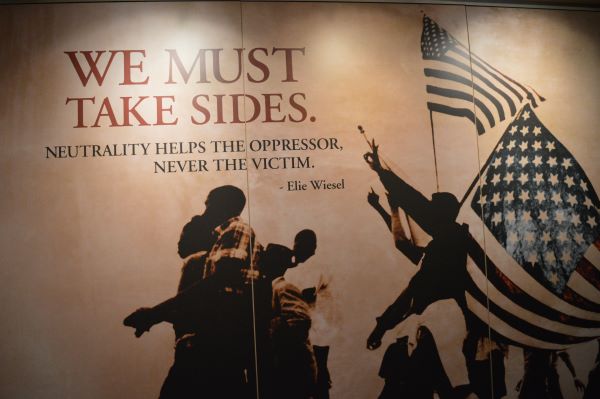
“I took Advanced Placement American History, and none of what we learned on this tour was taught,” said Westwood. “Experiencing this history opened my eyes to the realities that our history books, and educational system avoid. I recommend this trip to anyone interested in expanding their awareness.”
Alexis Thornton, a second-year graduate student in Higher Education Administration, and a Resident Director with University Housing, joined the tour as a chaperone. “Attending the Lynching Memorial Museum was eye-opening and life-changing, for me and for all of us. Seeing that terrible acts of lynching occurred in many of the places some of us call home is especially difficult. The Slave Ship simulation was disturbing and also a very important aspect of history that all of us should know about. I thought I knew a lot about Civil Rights, and this tour showed me that I can always learn and grow even more.”
“I thought I knew a lot about Civil Rights, and this tour showed me that I can always learn and grow even more.”
Thornton said the experience of this tour has profoundly changed her. “I have become more intentional with words and actions. I recognize how derogatory language has been normalized, and that we are insensitive to it. I am so passionate about working with students, and seeing them go through this transformational experience was incredibly moving. Black and white women and men came on this trip, American citizens and international students — we all came face to face with our own ancestors and recognize the healing that is possible.”
The tour has been offered at no additional cost to students, thanks to funding from collective partners within University Housing, Black Male Initiative (BMI), Women of Welch (WOW) and STATE Village.
“If we are ignorant, we won’t be able to change the situation,” Hurst said. “We want this tour to accommodate as many students as possible. If you are looking for something meaningful and impactful in an immersive environment that challenges the way you think about and perceive things, this trip is for you.”
Written By: Susan Poulos
- Categories:
